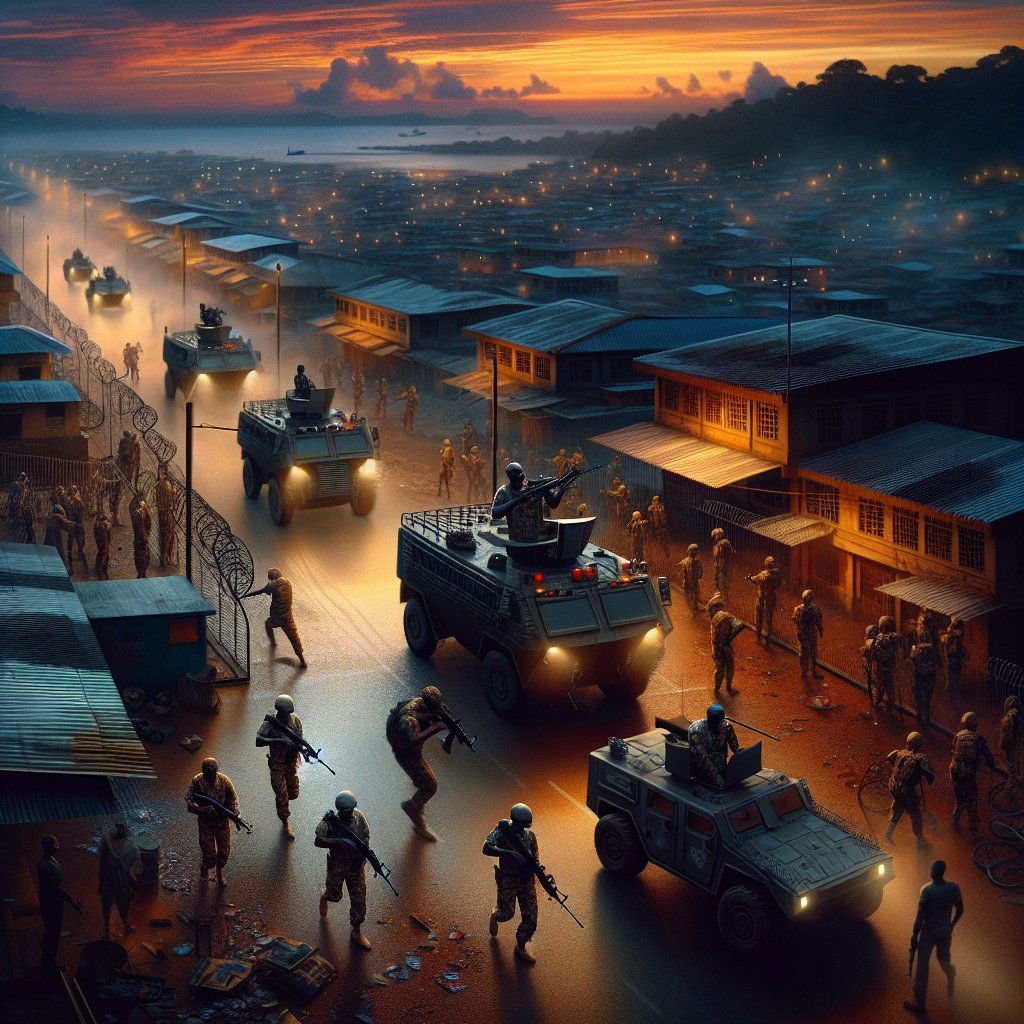Image: AI generated for illustration purposes
Attempted Coup Foiled in Sierra Leone: Military Officers Arrested Amid Political Unrest
In what unfolded as a dramatic attempt to destabilize Sierra Leone’s governance, thirteen military officers have been put under arrest following early morning attacks on the nation's chief military barracks and several prisons. The government's spokesperson declared the assault a thwarted coup designed to dismantle the democratically elected government. This development emerges amidst heightened political strain due to disputed election results and recent coups in West and Central Africa.
Freetown, the capital city known for its tranquility, was jolted awake to the chaos of gunfire as armed assailants attempted to seize control of the primary armory located dangerously close to the presidential villa and in one of the most fortified sections of the city. Their strategic assault also extended to hitting two central prisons, resulting in large-scale inmate escapes.
Information Minister Chernor Bah, addressing journalists, disclosed the detainment of the officers and an additional civilian—all implicated in what has now been designated a foiled coup d'état. The onslaught arrived only months after President Julius Maada Bio controversially secured a second term in office. His reelection, labeled as fraudulent by opposition entities, has significantly contributed to Sierra Leone's simmering political troubles.
Beyond the national scope, the Sierra Leone incident amplifies the alarm around the escalating pattern of military interventions within the region. An observable uptick in coup plots with recent occurrences in Niger and Gabon underscores a worrisome move away from democratic processes in West and Central Africa.
In the repercussions of the disrupted putsch, more than 2,000 prisoners were released, as noted by the acting head of the Sierra Leone Correctional Service, Col. Sulaiman Massaquoi. The aftermath has prompted an extensive search resulting in the recapture of over a hundred escapees. An ongoing manhunt persists for those still evading law enforcement.
Security activity remained robust in Freetown, where additional operations were underway to capture suspects, one of whom was detained amidst continuing gunfire within the city limits. Sierra Leone's security forces have presented a diligent response to the crisis, recovering vehicles laden with arms and reconstructing security protocols previously undermined due to the absence of essential surveillance technology, such as closed-circuit television (CCTV).
The government's curtailment strategies, including a temporary 24-hour curfew, have retained many citizens within the confines of their homes. While the curfew has since been revised to night-time restrictions, the populace remains wary.
Sierra Leone’s political scene has been subject to sustained conflicts post-relection, fomenting uncertainties that ripple across the neighboring regions. The echoes of its gruesome 11-year civil war faintly resonate in the nation's collective consciousness, with healing processes ongoing and the struggle against deep-rooted poverty unrelenting.
The gravity of the situation has not gone unnoticed by the international community. The Economic Community of West African States (ECOWAS), which includes Sierra Leone as a member, has openly condemned the coup attempt and dispatched representatives to affirm their solidarity with the beleaguered president.
As Sierra Leone now proceeds with legal processes against those apprehended, the significance of maintaining democratic integrity cannot be overstated as both the nation and the broader West African region grapple with the threat of military incursions into politics.
#GOOGLE_AD










